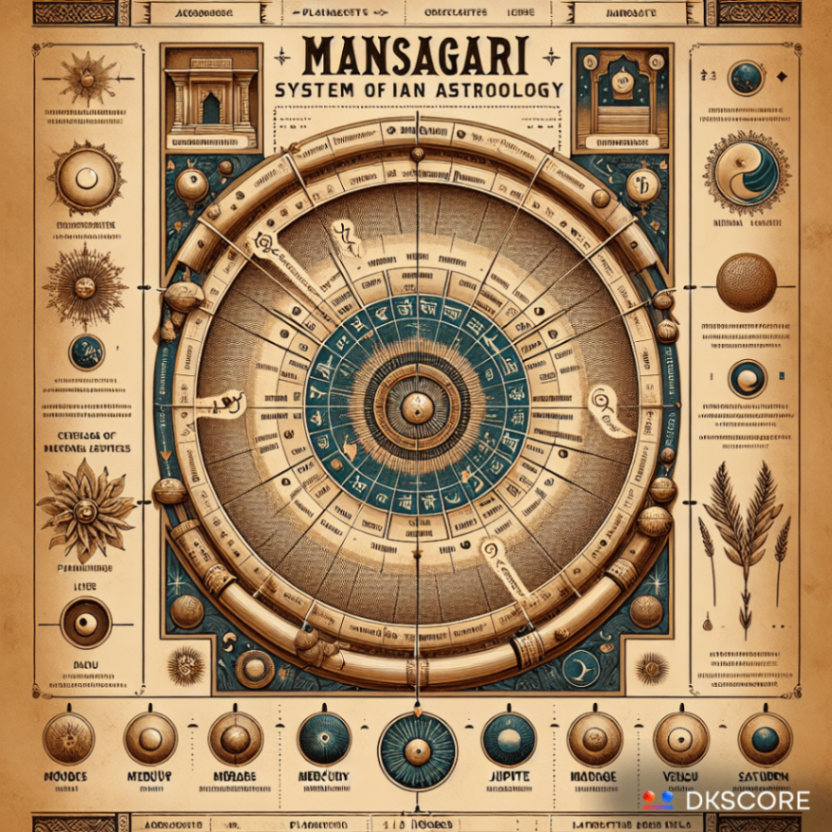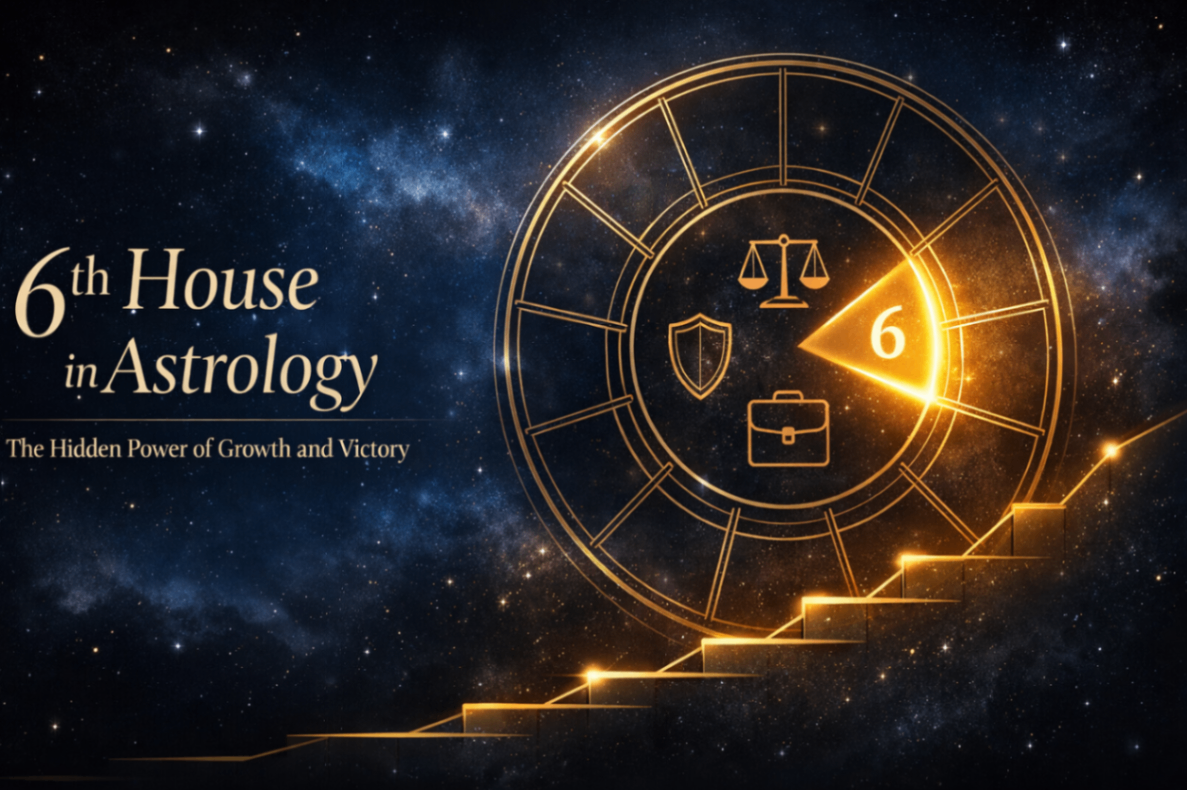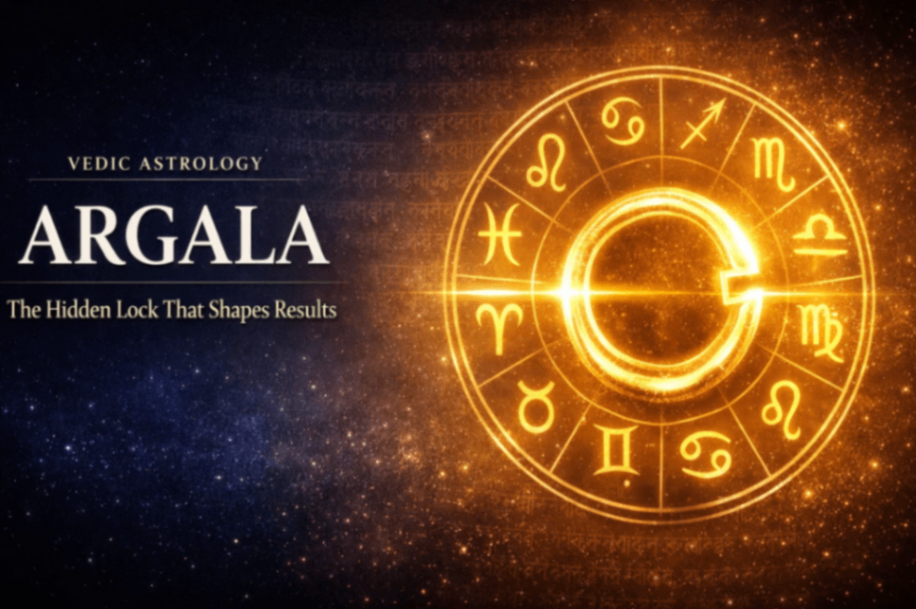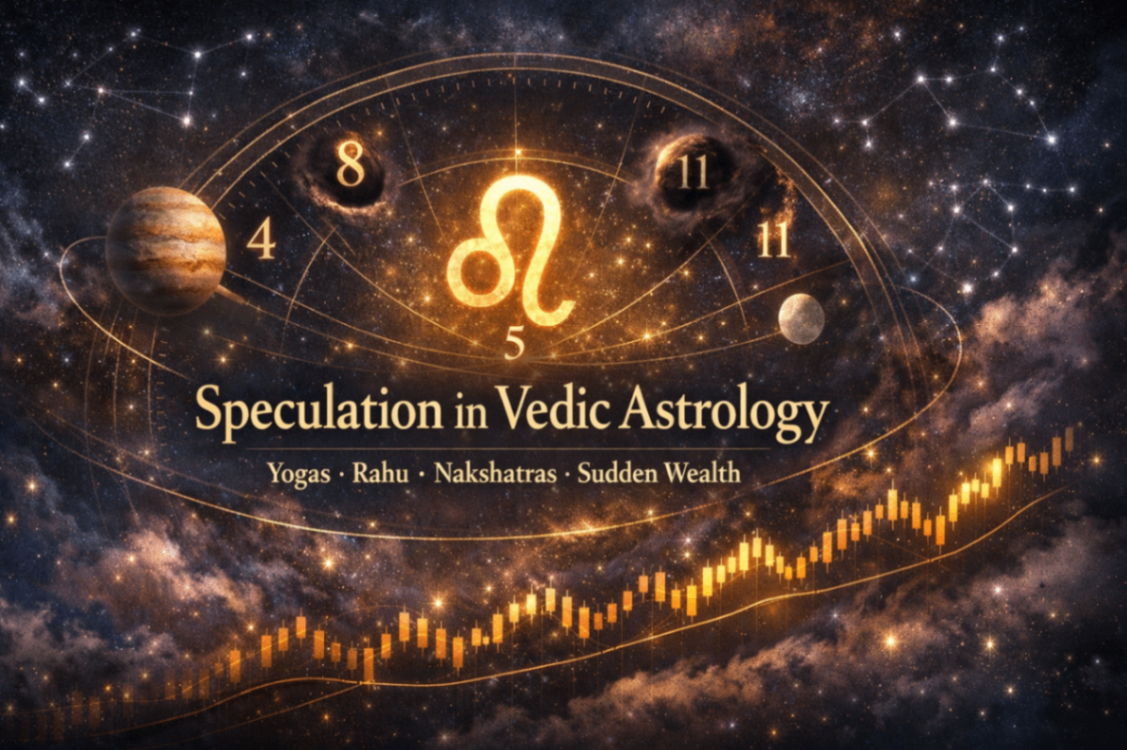Vedic astrology, also known as Jyotish Shastra, is a traditional Hindu system of astrology that has been practiced for thousands of years. It is deeply rooted in the Vedas, the oldest sacred texts of Hinduism. Vedic astrology is not just about predicting the future; it is also about understanding one's karma and dharma, and how the cosmic energies influence one's life.
The Fundamentals of Vedic Astrology
Vedic astrology is based on the belief that the positions and movements of celestial bodies have a direct influence on human affairs and natural phenomena. The main components of Vedic astrology include:
The Zodiac Signs (Rashis)
The Vedic zodiac consists of 12 signs, each representing a specific set of characteristics and energies. These signs are:
Aries (Mesha)
Taurus (Vrishabha)
Gemini (Mithuna)
Cancer (Karka)
Leo (Simha)
Virgo (Kanya)
Libra (Tula)
Scorpio (Vrishchika)
Sagittarius (Dhanu)
Capricorn (Makara)
Aquarius (Kumbha)
Pisces (Meena)
The Planets (Grahas)
In Vedic astrology, there are nine planets, known as Navagrahas, which play a crucial role in influencing human life. These planets are:
Sun (Surya)
Moon (Chandra)
Mars (Mangala)
Mercury (Budha)
Jupiter (Guru)
Venus (Shukra)
Saturn (Shani)
Rahu (North Node)
Ketu (South Node)
The Houses (Bhavas)
The Vedic horoscope is divided into 12 houses, each representing different aspects of life. The first house is known as the Ascendant (Lagna) and determines the overall personality and life path of an individual. The other houses represent various aspects such as wealth, communication, family, health, career, relationships, and spirituality.
Key Techniques in Vedic Astrology
Planetary Periods (Dashas)
The Dasha system is a unique feature of Vedic astrology that helps in predicting the timing of events. Dashas are planetary periods that indicate which planet's energy is currently influencing an individual's life. The most commonly used Dasha system is the Vimshottari Dasha, which is a 120-year cycle divided among the nine planets.
Transits (Gochara)
Transits refer to the current positions of the planets in the sky and their influence on an individual's natal chart. By analyzing transits, astrologers can predict how the ongoing movements of planets will affect various aspects of life.
Yogas
Yogas are specific planetary combinations that create certain effects in an individual's life. Some yogas bring prosperity, while others may indicate challenges. There are numerous yogas in Vedic astrology, each with its own significance and interpretation.
Aspects (Drishti)
Aspects refer to the influence that planets have on each other based on their positions in the horoscope. In Vedic astrology, aspects are determined by specific angular relationships between planets. For example, Saturn has a strong aspect on the 3rd, 7th, and 10th houses from its position.
Divisional Charts (Vargas)
Vedic astrology uses divisional charts to gain deeper insights into specific areas of life. The most important divisional chart is the Navamsa (D-9) chart, which provides additional information about marriage and relationships. Other divisional charts, such as the D-10 for career and the D-7 for children, are also used for more detailed analysis.
The Role of Nakshatras
Nakshatras, or lunar mansions, are another crucial aspect of Vedic astrology. There are 27 Nakshatras, each spanning 13 degrees and 20 minutes of the zodiac. These Nakshatras provide additional insights into an individual's personality and life path. The Nakshatra in which the Moon is placed at the time of birth is particularly significant.
The 27 Nakshatras
Ashwini
Bharani
Krittika
Rohini
Mrigashira
Ardra
Punarvasu
Pushya
Ashlesha
Magha
Purva Phalguni
Uttara Phalguni
Hasta
Chitra
Swati
Vishakha
Anuradha
Jyeshtha
Moola
Purva Ashadha
Uttara Ashadha
Shravana
Dhanishta
Shatabhisha
Purva Bhadrapada
Uttara Bhadrapada
Revati
Remedies in Vedic Astrology
Vedic astrology not only helps in understanding one's destiny but also provides remedies to mitigate negative influences and enhance positive energies. Some common remedies include:
Mantras
Reciting specific mantras associated with planets can help in appeasing planetary deities and reducing their malefic effects. For example, chanting the Gayatri Mantra is believed to bring overall well-being.
Yantras
Yantras are sacred geometric patterns that are used as tools for meditation and to attract positive energies. Each planet has its own yantra, which can be used to balance its influence.
Gemstones
Wearing gemstones corresponding to specific planets can help in strengthening their beneficial effects. For example, wearing a ruby is said to enhance the positive influence of the Sun.
Charity and Donations
Performing acts of charity and donating to those in need is believed to reduce the negative karma associated with certain planetary positions. Donating food, clothing, and money to the poor is a common practice.
Vedic Astrology and Modern Life
While Vedic astrology is an ancient practice, it continues to be relevant in modern life. People consult Vedic astrologers for guidance on various aspects such as career, marriage, health, and spiritual growth. The insights provided by Vedic astrology can help individuals make informed decisions and lead a more harmonious life.
Career Guidance
Vedic astrology can provide valuable insights into one's career path by analyzing the 10th house, its lord, and the planets influencing it. It helps in identifying suitable professions, periods of success, and potential challenges.
Marriage and Relationships
The 7th house and its lord, along with the Navamsa chart, play a crucial role in understanding marriage and relationships. Vedic astrology can help in determining compatibility and timing for marriage.
Health and Well-being
The 6th house, its lord, and the planets influencing it provide insights into health and potential ailments. Vedic astrology can suggest preventive measures and remedies to maintain good health.
Spiritual Growth
Vedic astrology also emphasizes the importance of spiritual growth. The 9th house, its lord, and the 12th house provide insights into one's spiritual journey and potential for enlightenment.
Conclusion
Vedic astrology is a profound and comprehensive system that offers valuable guidance for various aspects of life. By understanding the cosmic influences and aligning with them, individuals can navigate their life path with greater clarity and purpose. Whether it is for career, relationships, health, or spiritual growth, Vedic astrology provides timeless wisdom that continues to benefit people in the modern world.
```






































